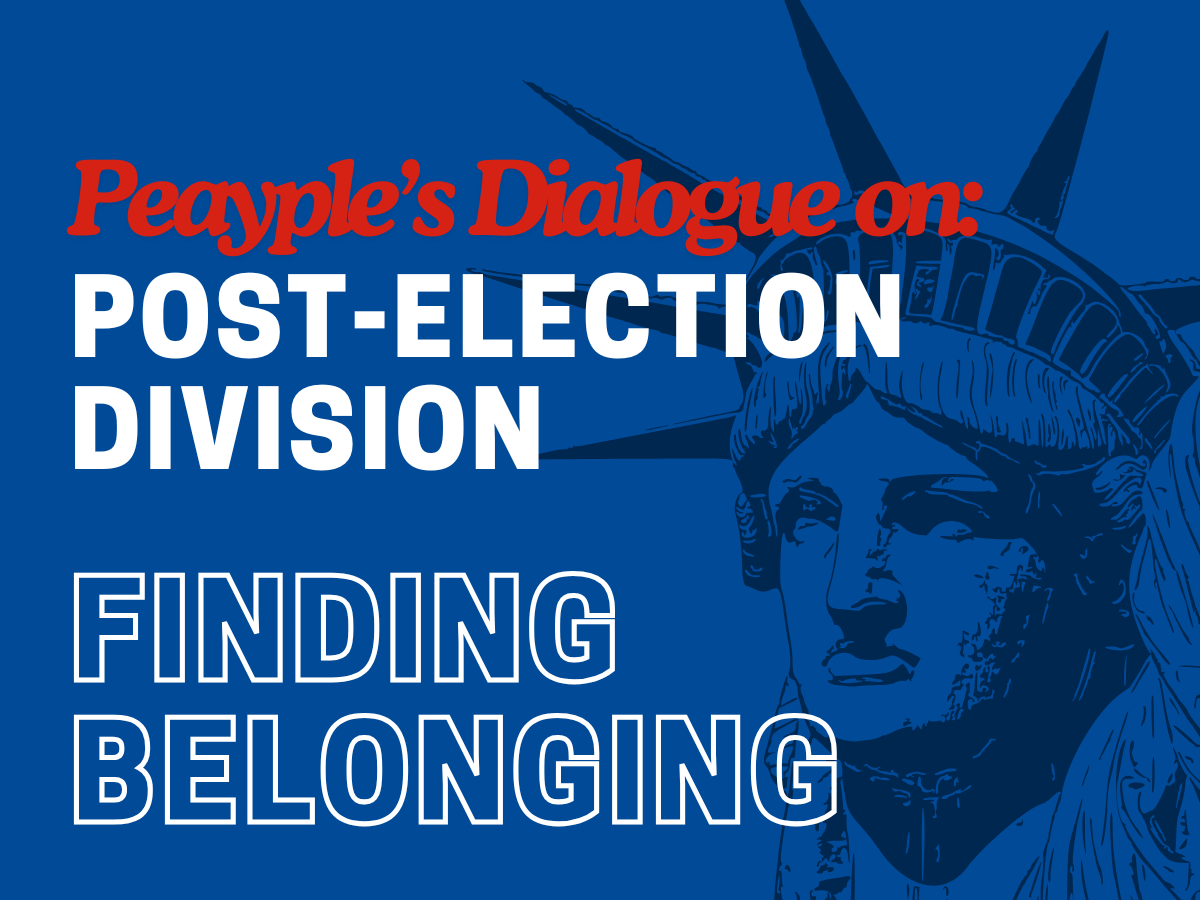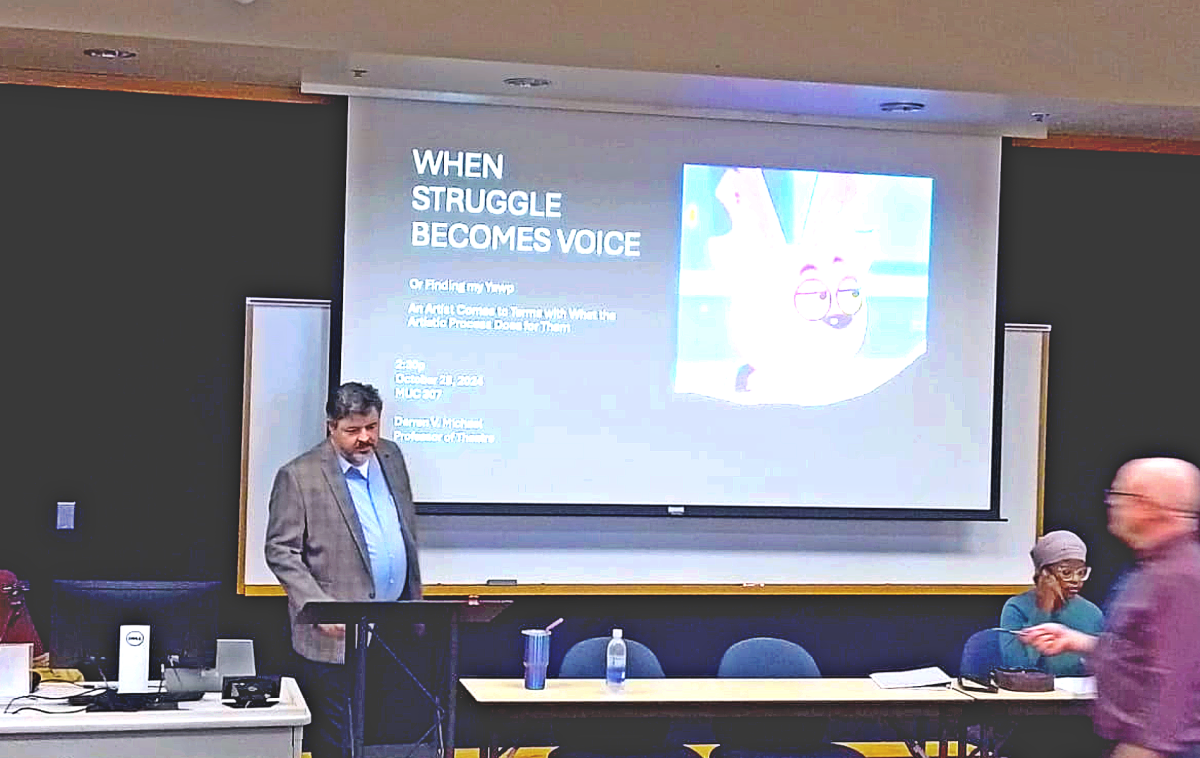>>By David Harris, Staff Writer
Babies are often described as innocent beings with blank slates brought into a troubled world.
As children, teenagers and adults, we have a knowledge of right and wrong.
But do babies know right from wrong? Are we born with a moral core?
Sophomore art major Kelsey Daniel does not believe so. She believes we only have basic needs and desires when we are born and develop as we grow.
“I think the exact details of what is right and wrong are taught to us later in life: moral codes, laws.” said senior English major Josh Alexander. “However, I do think there is an inherent instinct embedded in us from infancy that warns us about things that might draw consequences: stealing another’s food, killing without reason. But I think ethical morality is not embedded in us. People would lie, cheat and swindle if we were not taught otherwise.”
According to eight years of studies done by researchers at Yale University’s Infant Cognition Center, babies know right from wrong.
Babies from 19 months to as young as three-months-old were given tests. Researchers used puppets to represent good behavior and bad behavior.
In front of the infants, a zebra puppet was shown struggling to open a box. A rabbit puppet wearing a green shirt assisted the zebra.
Then, the zebra tried to open the box again, but this time an orange-shirted rabbit slammed it shut. The rabbits were held in front of the infants and they would reach out, stare or avert their eyes, suggesting they knew the nice rabbit from the mean one. Over 80 percent of the time, the infant would choose the good rabbit. About 90 percent of the 3-month-olds seemed to recognize good behavior.
After looking at these studies, junior English major Sarah Key said she is still not convinced on the morality debate. “It seems that babies are born with a biological imperative to survive,” Key said. “We are naturally hedonistic beings. I think the studies at Yale give more evidence for survival rather than ethical code of conduct.”
“The quality of the studies is good,” said developmental psychology professor Nanci Wood. “I would not yet be comfortable with claiming an inborn moral code. I do agree that the findings suggest we have some rudimentary understandings of good and bad behavior.”
Nontraditional junior business management major Kali Cooper is a mother of two daughers ages 8 and 3.
Cooper believes babies can judge good people from bad people and that some of this comes from the emotions the baby picks up from caretakers.
“As the baby watches the puppet show, the mother would have a reaction to both the good and bad bunny, and those reactions are picked up by the child,” said Cooper. “The child is learning to associate those feelings with actions and learns that they want the good feelings and pick the bunny. I personally feel results might be different if there was no parental interaction in the study.”
Cooper said as babies grow to 6 to 9 months old, they tend to know what they should and should not be doing.
“From my own personal experience, I believe babies and young children are a lot smarter than society gives them credit for,” Cooper said. “However, I believe it’s learned from the people and the experiences around the child. I personally don’t think a child is born knowing that X is wrong and Y is right, but these are concepts that the child acquires very quickly and at a younger age than most people care to believe.” TAS







